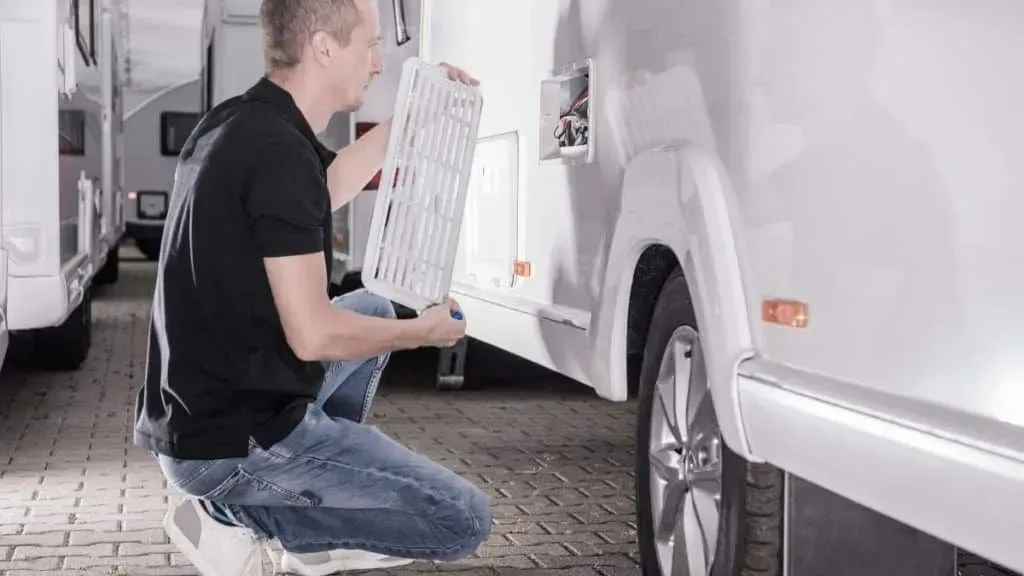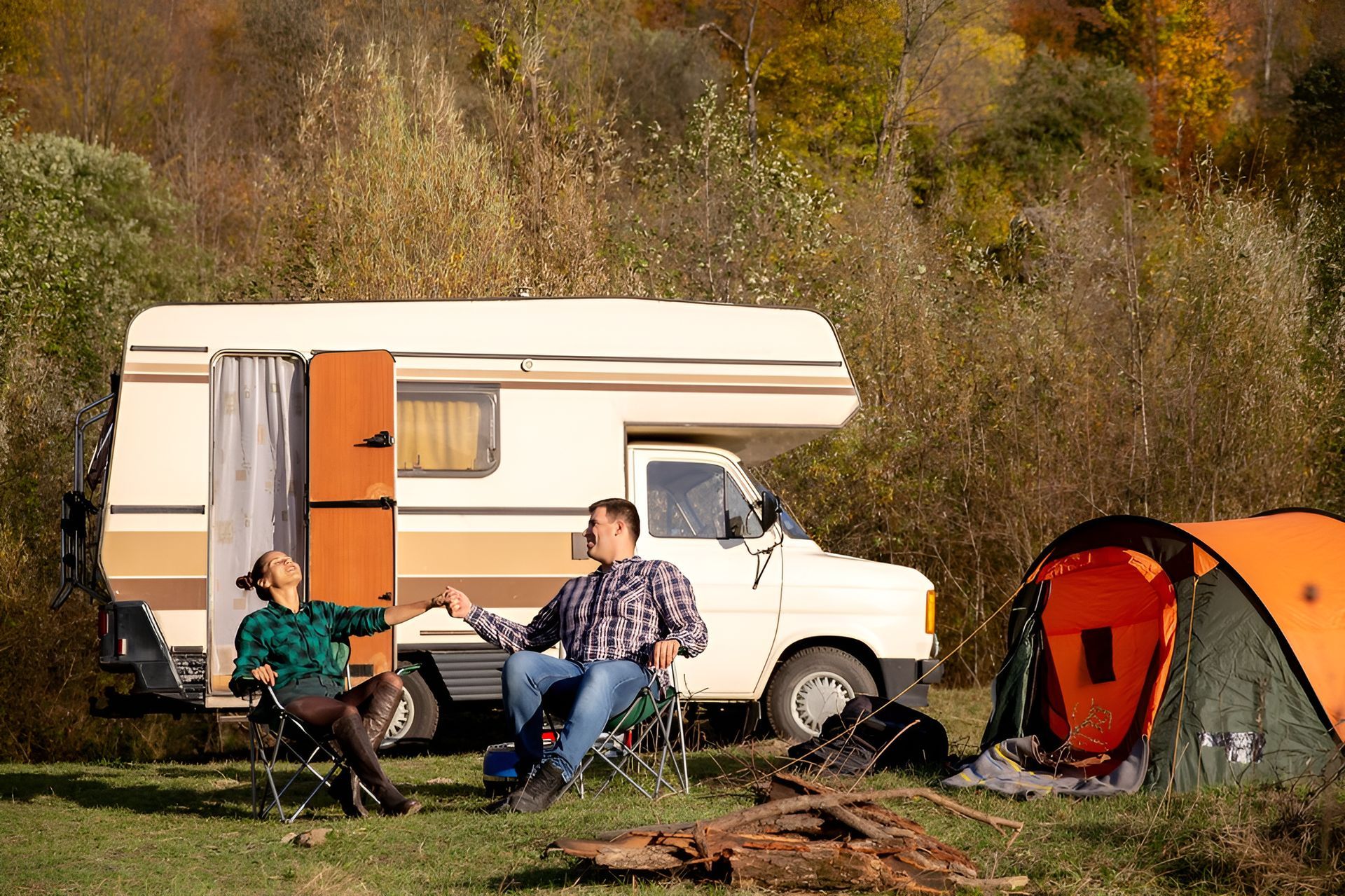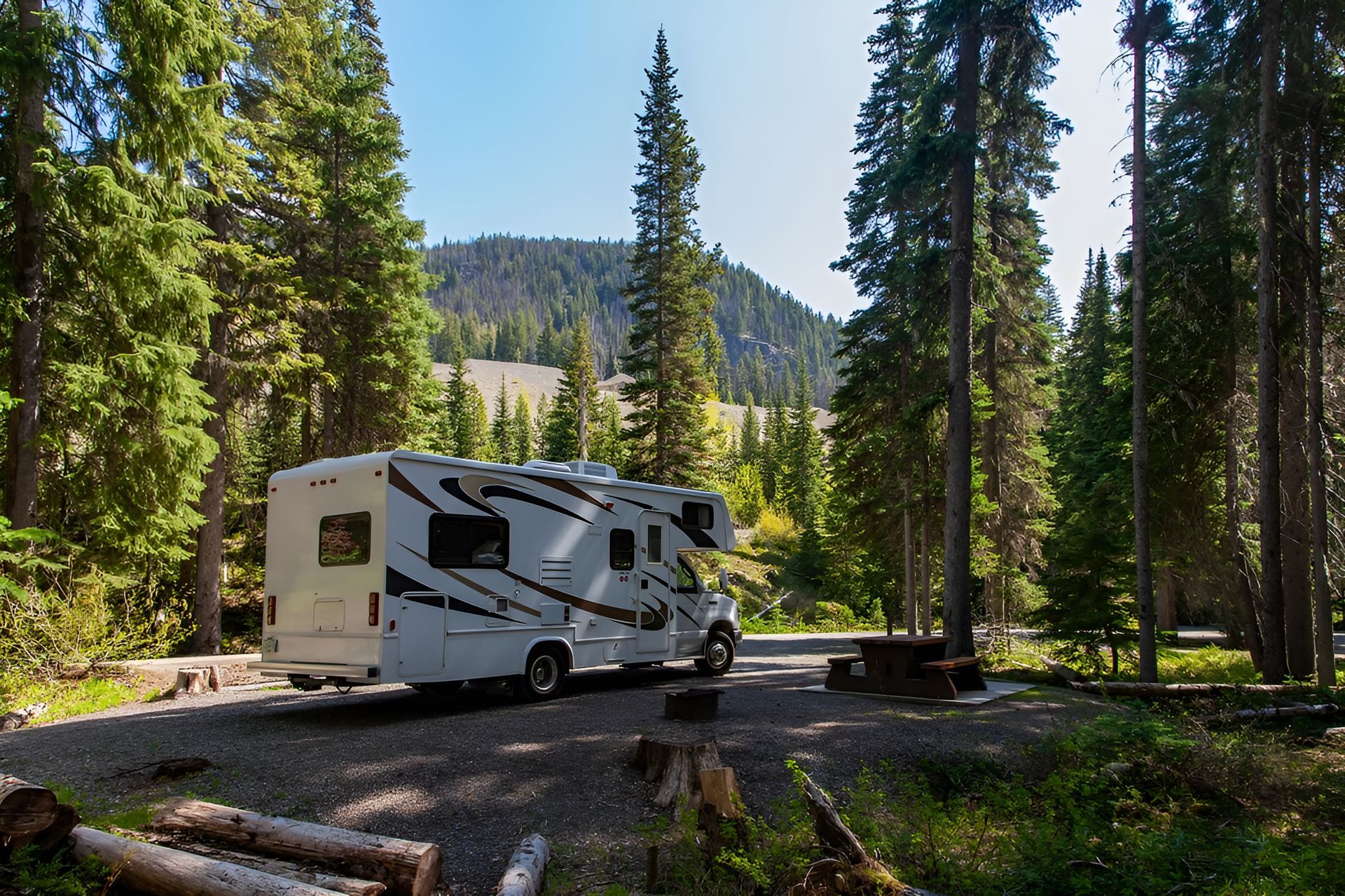National RV Care: Must-Know Maintenance Tips for RV Travelers

Owning an RV is a fantastic way to explore the open road, offering the freedom to travel at your own pace. However, keeping your RV in good shape requires regular maintenance, and if you're not careful, small issues can turn into big, expensive problems.
To keep your RV in top condition and ensure it’s ready for your next adventure, here are some essential maintenance tips. Whether you have a motorhome, travel trailer, or camper, these tips will help you avoid costly repairs and extend the life of your vehicle.
Find the Right Storage Solution
Proper storage is key to protecting your RV when it’s not in use. Exposure to the elements can cause damage to the exterior, tires, and mechanical systems, so finding the best rv storage option for your vehicle is critical. There are several storage solutions to consider:
- Indoor RV storage: This provides the highest level of protection by shielding your RV from weather conditions like sun, rain, and snow. Climate-controlled facilities can also help prevent moisture buildup, which can lead to mold and mildew.
- Covered RV storage: Offers protection from direct sunlight and precipitation but may still expose your RV to temperature changes and humidity.
- Outdoor parking: The most affordable option, but it leaves your RV exposed to the elements, which can lead to faster wear and tear.
For RV owners, choosing a storage facility that provides gated access and 24-hour access will ensure your vehicle is both secure and accessible.
Check Your Tires Regularly
RVs are heavy vehicles, and their tires bear the brunt of the load. Tires that aren’t maintained can lead to blowouts, causing significant damage and risking your safety. Here’s how to keep them in good shape:
- Check tire pressure before every trip. Under-inflated or over-inflated tires can wear unevenly and fail prematurely.
- Inspect tires for signs of wear or damage, especially if your RV has been in storage space for an extended period.
- Rotate your tires regularly to ensure even wear.
- Replace tires every five to seven years, regardless of tread condition, as the rubber degrades over time.
Whether you're storing your RV in central self storage or on frontage rd, ensuring the tires are well-maintained before you move your RV out of storage is essential for safety.
Maintain the Roof and Seals
The roof of your RV is constantly exposed to sun, rain, and other environmental elements, making it prone to damage and leaks. A neglected roof can lead to water damage inside your vehicle, which can be expensive to repair. Here’s what you need to do:
- Inspect the roof every six months for cracks, tears, or signs of wear.
- Apply a protective sealant to the seams and around vents, skylights, and air conditioning units.
- Clean the roof regularly to remove dirt and debris, which can cause deterioration over time.
If your RV is in another secure storage facility, keeping the roof clean and sealed will help prevent leaks and extend the lifespan of your vehicle. Regular inspections can save you from major repairs.
Service the Engine and Generator
Keeping the engine and generator in your RV well-maintained is crucial for ensuring reliable performance on the road. Even if your RV is parked in a self storage unit for long periods, it’s important to start and run the engine and generator periodically:
- Change the oil and filters as recommended by the manufacturer.
- Check the fluid levels, including coolant, brake fluid, and power steering fluid.
- Inspect belts and hoses for wear, replacing them as necessary.
If you’re using indoor RV storage or outdoor parking, ensure your generator runs smoothly by starting it every month. This prevents fuel from becoming stale and clogging the system.
Preserve the Electrical System
The electrical system in your RV powers everything from the lights to the appliances, making it vital to keep it functioning properly. Whether you're connected to RV parking power or using the vehicle’s batteries, regular maintenance is essential:
- Test all appliances and lights before your trip to ensure everything works.
- Inspect and clean battery terminals, and check water levels in lead-acid batteries.
- Check for any frayed wires or loose connections, especially if your RV has been in a storage facility for an extended period.
Facilities with drive-up access and gated access in Independence, Shawnee, and other areas around Kansas City can provide RV storage facilities where you can easily access and maintain your RV’s electrical system.
Protect Plumbing Systems
Whether you’re using your RV’s plumbing system or storing it, maintaining the water system is key to preventing issues like leaks or clogs:
- Drain the water system before storing your RV to prevent freezing in colder months.
- Inspect hoses and connections for any signs of leaks or wear.
- Sanitize the fresh water tank regularly to avoid bacterial buildup.
If you store your RV in climate-controlled or covered RV storage, your plumbing system will be better protected from extreme weather conditions, making it easier to maintain year-round.
Prevent Pests
When your RV is stored in a storage unit or vehicle storage facility, it can be an attractive shelter for rodents and insects. Pests can cause significant damage to your RV’s wiring, insulation, and more:
- Seal all entry points to prevent rodents from entering.
- Use pest deterrents like mothballs or peppermint oil in storage areas.
Facilities offering secure storage and 24-hour access, such as those in Shawnee or Lenexa, will provide additional security and reduce the likelihood of pests becoming a problem.
Secure Your RV with Kansas City RV Storage Today!
Looking for the perfect place to keep your RV safe and ready for your next adventure? At Kansas City RV Storage, we offer top-notch RV storage solutions designed to meet all your needs. Whether you need trailer storage, climate-controlled storage, or outdoor parking, our facilities in Kansas City, MO are equipped to provide the best protection for your vehicle.
We proudly serve the Kansas City area, including Overland Park, Olathe, Shawnee, Leawood, Lenexa, Prairie Village, Gardner, Merriam, Blue Springs, and Independence. Our secure storage options feature gated access, 24-hour access, and ample rv parking to ensure your RV is safe and easily accessible.
Don’t wait! Contact us at (816)-290-6567 to find out more about our RV storage Kansas City solutions and to reserve your spot today. Protect your investment with the best storage solutions in Missouri.
Conclusion
Caring for your RV is an essential part of owning a vehicle that can take you on amazing adventures across the country. Whether you use indoor RV storage, outdoor parking, or a climate-controlled storage unit, proper maintenance will ensure your RV stays in great shape. With regular attention to the tires, roof, engine, electrical system, and plumbing, you’ll be ready for the open road whenever adventure calls.
Frequently Asked Questions
What are the benefits of regular RV maintenance?
Regular RV maintenance is crucial for ensuring the longevity and performance of your vehicle. It helps prevent unexpected breakdowns, reduces the risk of major repairs, and ensures that all systems, from the engine to the appliances, are functioning optimally. Regular checks also help maintain safety and comfort while traveling.
How often should I inspect my RV’s tires?
Inspect your RV’s tires before every trip and at least once a month when not in use. Check for proper inflation, tread wear, and any signs of damage. Proper tire maintenance is vital for safe driving and fuel efficiency. Consider rotating your tires and aligning the wheels every 5,000 to 7,000 miles.
What should I include in my RV winterization checklist?
Winterizing your RV involves several key steps: draining the water system to prevent freezing, adding antifreeze to the plumbing, disconnecting the battery and storing it in a warm place, and protecting the exterior with a cover. Additionally, clean and seal any leaks, and ensure that all systems are checked by a professional if needed.
How can I maintain the RV’s battery health?
To maintain your RV’s battery health, regularly check the charge level, clean the terminals to prevent corrosion, and ensure that the battery is securely mounted. It’s also important to use a battery tender or charger if the RV is in storage for long periods. Regularly inspect the battery and replace it every 3-5 years or as needed.
What are the key signs that my RV’s engine needs professional attention?
Key signs that your RV’s engine needs professional attention include unusual noises (knocking or grinding), a significant drop in performance or fuel efficiency, warning lights on the dashboard, and frequent overheating. If you experience any of these issues, it’s essential to have your engine checked by a qualified technician to avoid more serious problems.


